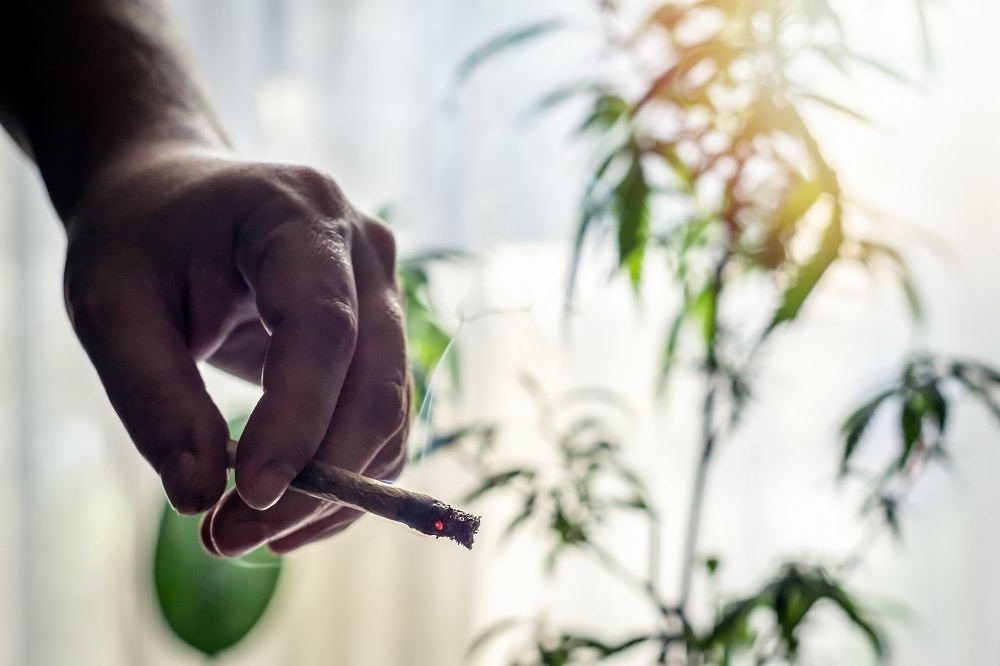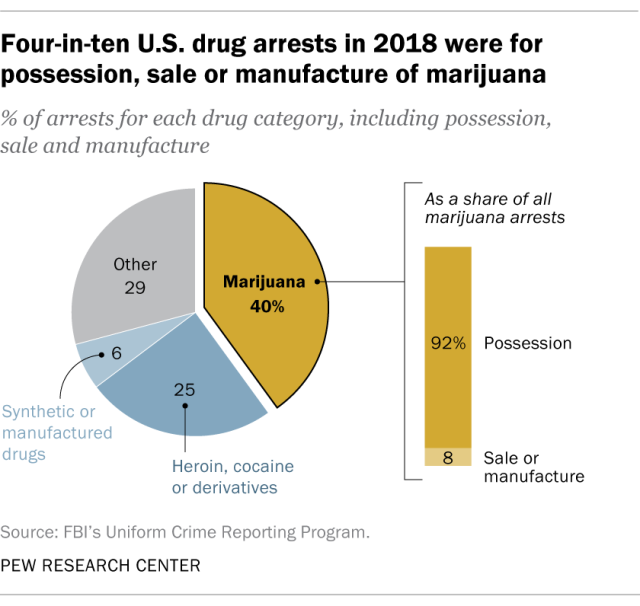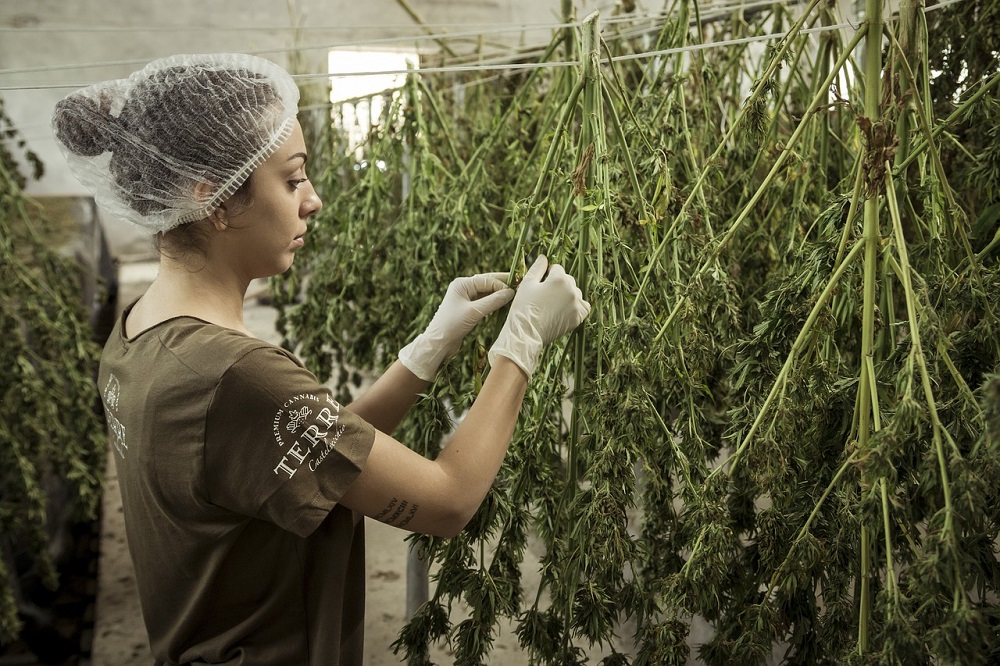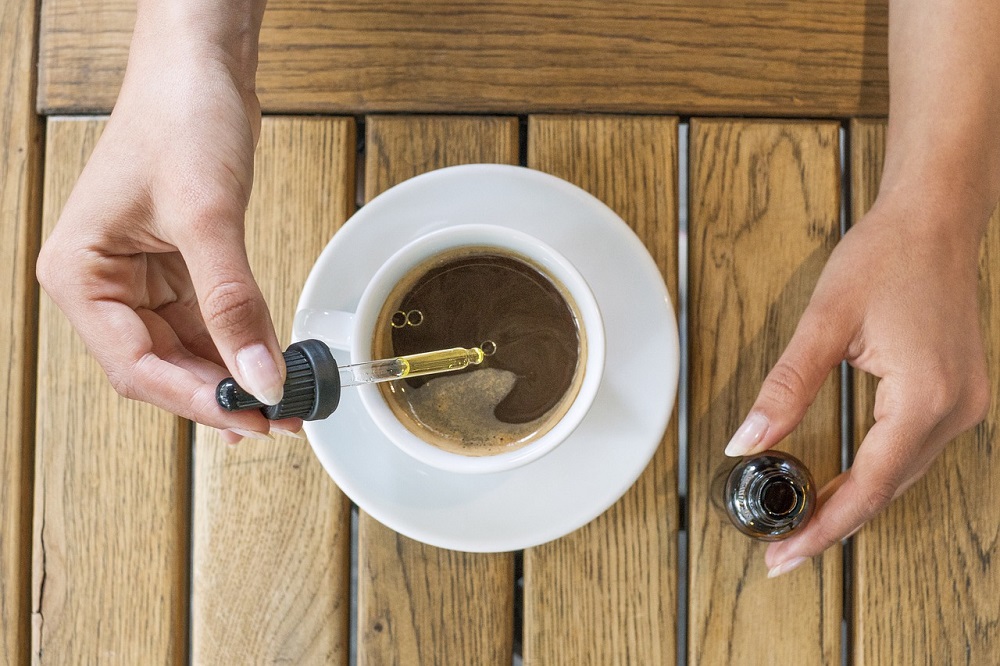
At a time when the Federal government and states are feeling the pinch of economic loss because of Covid-19, a significant change may be incoming. One that could help increase tax revenues at all levels of government. And that shift may be the move to the Federal decriminalization of marijuana.
The vote in the House would do much more than legalizing cannabis at the Federal level. It would impose a federal excise tax. The paradigm shift would radically change incarceration rates for cannabis possession offenses, in cases of personal use. It would also move to expunge criminal records for individuals charged.

How likely is the Senate to approve the ‘MORE’ Act, if it passes through House vote? And if it is approved, how will that change the lives of patients that use medical cannabis therapeutically for chronic disease and symptom management?
Kamala Harris, Junior Senator (D-CA), was the sponsor of The Marijuana Opportunity, Reinvestment, and Expungement (MORE) Act (HR 3884 / S. 2227). It is bipartisan legislation that would remove marijuana (cannabis) from the Controlled Substances Act. It was introduced by House Judiciary Chair Jerry Nadler (D-NY) and supported by Reps Matt Gaetz (R-FL) and Tom McLintock (R-CA).
Consumer groups, patient advocacy associations, private citizens, and medical marijuana industry representatives have been pressing for a rescheduling of cannabis. Currently, marijuana is a Schedule 1 prohibited substance. It carries those same legal penalties as possession of drugs like cocaine, heroin, and methamphetamines.
Suppose the “MORE” Bill passes the House Vote in September. In that case, it will bring some positive changes for patients, individuals who have been charged with cannabis possession (personal amounts), and cannabis entrepreneurs through the Small Business Administration. It will also end the conflict of federal law with states that have legalized medical marijuana and recreational cannabis.
There are five more ways that the “MORE” legislation would have a positive impact:
Right now, physicians who care for veterans through the Veterans Affairs (VA) health system are prohibited from recommending medical marijuana. If the ‘MORE’ act is made law, any physician affiliated with the Veterans Administration would be able to make a recommendation for therapeutic cannabis treatments. But only to qualifying veterans who reside within states that have legalized medical cannabis.
Veterans Affairs announced in 2020 that veteran health coverage would not be compromised by medical cannabis use. If the veteran lived in a state where medical marijuana was legalized. And if cannabis was recommended by a supervising physician. However, veterans have had to seek the recommendation outside of the VA health services. At an additional cost. And in many cases, an obstacle to accessing therapeutics that may help chronic pain, veterans with cancer, and mental health therapies for post-traumatic stress disorder (PTSD).
Why does this matter? Veterans can receive better care from the VA when they are under their regular primary care physician’s supervision. When veterans have pursued getting a medical marijuana card, they had to do so with another physician. If VA physicians can recommend medical cannabis to their veteran patients, it will enhance veterans’ continuity of care and safety.

If the ‘MORE’ Act is signed and passed, it will allow states the undisputed authority and autonomy to set their laws regarding recreational (Adult-Use) or medical marijuana. States that do not want to let medical cannabis programs for patients will not be required to comply with the federal legalization statutes.
However, it is unlikely that many states would prohibit medical cannabis. The federal decriminalization of cannabis may encourage the remaining states to develop and launch their medical marijuana programs. Without the concern of conflicting with federal laws.
Right now, every medical or recreational cannabis business in legalized states has been bootstrapped. Private investment has allowed large medical marijuana chains to expand rapidly. However, independent business owners (including cultivators, processors, and dispensary retailers) have not benefited from the SBA.
The decriminalization of cannabis at the federal level, and new programs for entrepreneurs and canna-preneurs would encourage more growth of independent and privately owned businesses.
The federal decriminalization of cannabis would not change the legal consequences for criminal activity involving cannabis. For instance, an individual charged with a large quantity of cannabis for distribution. Or an individual who was charged with manufacturing or retailing marijuana products without a license.
Many individuals who are incarcerated across the country are serving time for petty marijuana charges. Personal use (under 2 ounces) is a standard charge. While a first offense can result in community service, drug education, a fine, and probation, second and third violations can carry significant sentences.
The ‘MORE’ act would retroactively expunge any criminal record involving cannabis for personal use. It would also result in a release of incarcerated citizens serving time for personal use charges. Mass expungement is something that many states are already considering. Some legalized states lead the country for high incarceration rates. This would help alleviate some of the problems and reduce prison populations. And incarceration expenses.
One of the most important benefits of the proposed law’s expungement rules is that it would apply retroactively to juvenile offenders. Minors charged with cannabis possession and use would see their records cleared. The impact of having a juvenile drug charge expunged would be a positive one.
Did you know that marijuana possession on federal property automatically bumps a misdemeanor charge to a felony offense? It’s true. And every year across the country, people find themselves facing a felony count because they were using marijuana at a state park or on government property.
Carrying cannabis onto a flight may still be prohibited. And crossing any border with medical or recreational marijuana is likely to remain illegal, to control illicit and criminal distribution. However, the decriminalization of cannabis at the Federal level, it may allow medical marijuana cardholders to have reciprocal benefits in other legalized states. It has already started in states like Oklahoma, Pennsylvania, Arizona, Maine, and California.

Many speculate that the law will not be voted through the House on this first attempt. Some anticipate that instead, the federal government may reschedule cannabis as a controlled substance. Rather than permit full decriminalization. That would differentiate marijuana from life-threatening drugs that currently share the Schedule 1 classification.
In the Senate, Majority Leader Mitch McConnell is opposed to the legalization of cannabis and marijuana rescheduling. The Senate Majority Leader McConnell is said to be focused on healthcare initiatives as a priority, instead of cannabis reform.
The pressure is mounting, however for the federal government to change the stance it has held since the 1950s prohibition of cannabis. A recent lawsuit against the Drug Enforcement Agency (DEA) lodged by a coalition of medical cannabis patients and activists. The group includes Alexis Bortell and former NFL player Marvin Washington.
The U.S. District Court and the U.S. Court of Appeals for the Second Circuit determined that the group would first have to seek “administrative relief” through existing channels. That meant a petition asking the DEA to reclassify cannabis (without further legal action). And the decriminalization of cannabis. But the request was denied.
The DEA asked the Supreme Court to dismiss the suit. That request was denied, and the DEA will be required to provide legal defense for the unchanging stance of federal prohibition and the criminalization of cannabis.
S. 2227 — 116th Congress: MORE Act of 2019.” www.GovTrack.us. 2019. September 8, 2020, <https://www.govtrack.us/congress/bills/116/s2227>
No Information on MarijuanaDoctors.Com should be used to diagnose, treat, prevent or cure any disease or condition. You can view our Full Disclaimer here.